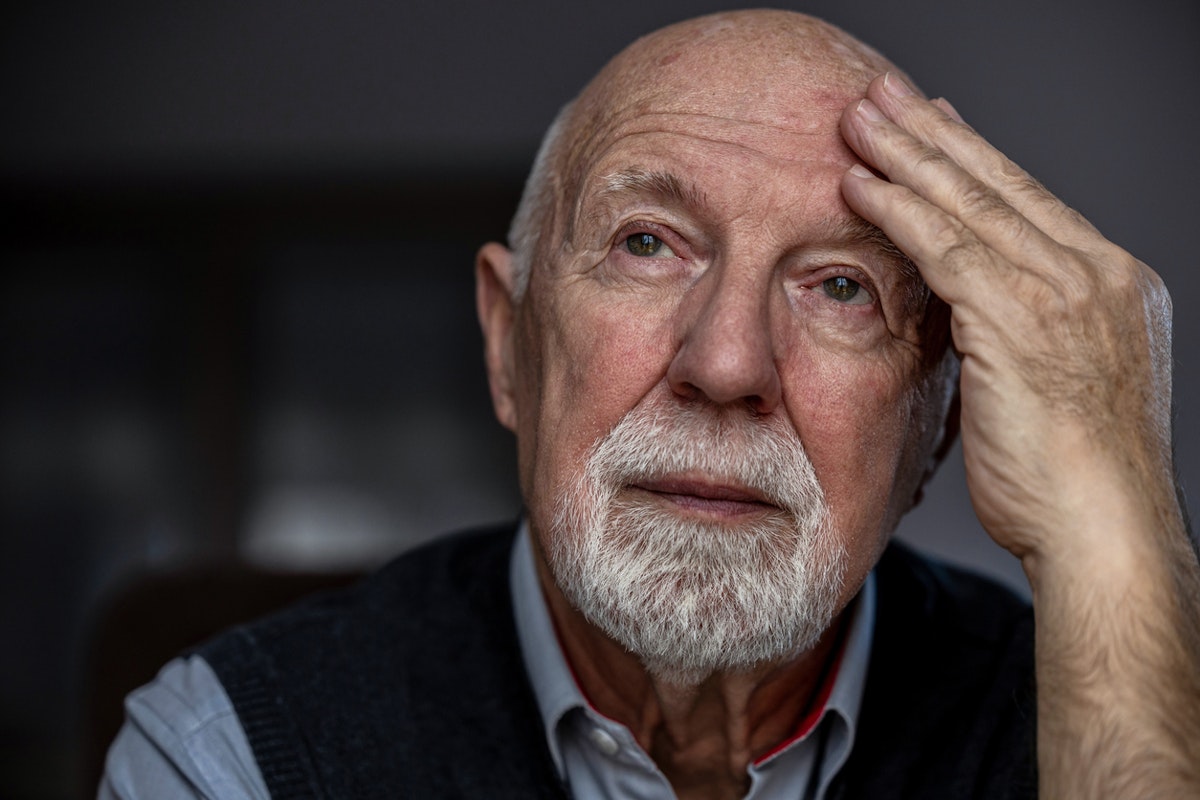Why it matters: Facial masking is present in around 92 per cent of Parkinson's cases, yet it remains less understood than physical symptoms like tremors. The study aims to develop resources that could improve communication and quality of life.

The details: The research, the first of its kind in the UK, will examine how reduced facial expressions affect daily life and social interactions with friends, families and strangers.
Dr Abigail Webb, Clinical Research Fellow at the University of Suffolk, is leading the collaborative project with East Suffolk and North Essex NHS Foundation Trust (ESNEFT).
"Non-verbal facial communication is so important for how we interact with one another, but for people living with Parkinson's this becomes difficult," said Dr Webb.
"Many people will be aware of the loss of motor skills associated with Parkinson's such as shaking but the reduction of facial expression can be a real barrier, often misinterpreted as negative personal characteristics, and cues that can lead to misunderstanding," she added.
What to look out for: One-to-one interviews will be conducted online with:
People living with Parkinson's
Those who have had close relationships with them before and after diagnosis
Interviews are expected to last about an hour and will take place throughout spring.
What they're saying: Dr Webb notes the research will "ultimately create an information support resource that promotes an understanding what reduced facial emotion communication feels like for people living with Parkinson's and their loved ones, and access to strategies to bypass misunderstandings and promote effective non-verbal communication in different scenarios."
How to get involved: To register interest in participating, go to: https://uos.questionpro.eu/facesSignup
The bigger picture: The research is funded by the University of East Anglia Health and Social Care Partners (UEAHSCP) and includes collaboration with ESNEFT Parkinson's nurse Sheeba Suresh and research nurse Hannah Stansfield.
The team hopes to capture successful communication strategies that participants have already developed, incorporating these into their final resources.
The bottom line: This pioneering local research aims to transform findings into practical support resources for people living with Parkinson's, with solutions recommended by those directly affected by the condition.








